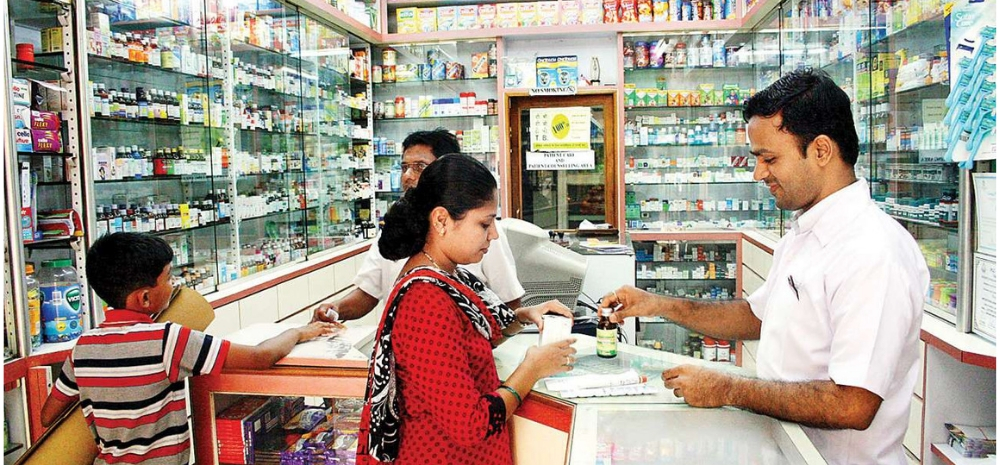The Central Drugs Standard Control Organisation (CDSCO), India’s apex drugs regulatory body, has identified samples of approximately 50 drugs, including widely-used medications such as paracetamol and pantoprazole, as sub-standard. This alarming revelation comes after a series of quality tests conducted in May. The alert, issued on June 20, highlights significant concerns regarding drug quality and safety.

Drugs Under Scrutiny
The list of sub-standard drugs includes commonly used medications like:
- Paracetamol: A widely-used pain reliever and fever reducer.
- Pantoprazole: Used to treat gastrointestinal issues.
- Antibiotics: Several antibiotics meant for treating bacterial infections were also found to be sub-standard.
Other notable drugs that failed the quality test include:
- Clonazepam tablets: Used to treat seizures and anxiety disorders.
- Diclofenac: A pain reliever.
- Telmisartan: An anti-hypertension drug.
- Ambroxol: Used in the treatment of respiratory diseases.
- Fluconazole: An antifungal medication.
- Multivitamin and calcium tablets.
Regional Analysis of Sub-Standard Drugs
The alert from CDSCO reveals that a significant number of these sub-standard drugs were manufactured in Himachal Pradesh. Specifically, 22 out of the 50 sub-standard drugs were produced in this region. Other regions where the samples were collected include Jaipur, Hyderabad, Waghodia, Vadodara in Gujarat, Andhra Pradesh, and Indore.
Quality Control Failures
In total, 52 samples failed the quality test conducted by the CDSCO. This is not an isolated incident; last year, around 120 drugs manufactured in Himachal Pradesh failed the test parameters. These findings point to ongoing issues with drug quality control in certain regions of India.
Regulatory Actions
State drug regulators have reportedly sent notices to the pharmaceutical companies responsible for the sub-standard drugs. The failed samples are expected to be recalled from the market to prevent any potential harm to patients. This recall process aims to remove ineffective or potentially harmful drugs from circulation, ensuring patient safety.
Implications for Public Health
The discovery of sub-standard drugs raises significant concerns for public health. Patients relying on these medications may not receive the intended therapeutic effects, leading to prolonged illnesses or complications. The CDSCO’s stringent quality control measures and swift action are crucial in safeguarding public health.
Conclusion
The identification of sub-standard drugs by the CDSCO underscores the importance of rigorous quality control in the pharmaceutical industry. As state drug regulators take steps to recall the failed samples, it is imperative for pharmaceutical companies to adhere to strict manufacturing standards to ensure the safety and efficacy of their products.












